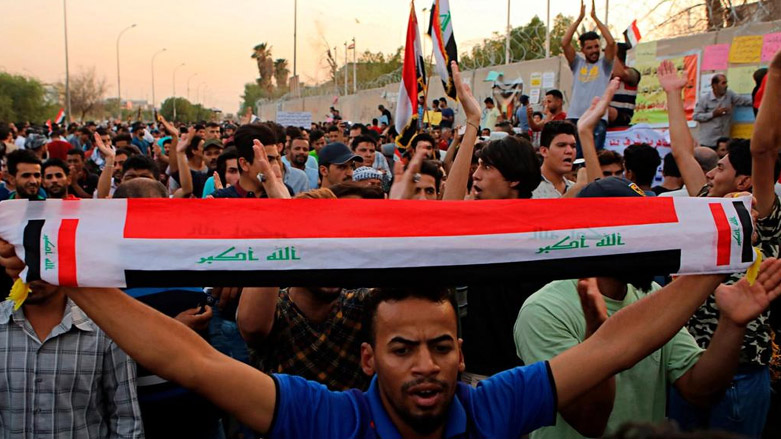Iraqi human rights commission reports 309 suicide cases in 2020, calls for 'urgent' measures

ERBIL (Kurdistan 24) – The Iraqi High Commission for Human Rights (IHCHR) reported on Monday that it has so far recorded 309 suicide cases across the country in 2020. The body also mentioned that it had recorded 594 suicide cases in 2019.
A member of the commission, Fadhel Al-Gharawi, said in a statement that “the commission detected an increase in suicide cases and attempts in all provinces of Iraq in 2019.” A noted exception, according to the official, was the Kurdistan Region.
“What the commission has concluded during its investigations that social, psychological, and economic factors may be the leading causes that lead to citizens committing suicide,” said Gharawi.
He specified those factors further: poverty, driven by joblessness, “especially in the outskirts of cities;” continued armed conflict and human rights abuses; misuse of communication devices; and finally, as the official claimed, “the lack of religious faith.”
The twenty-year-old age group, especially women, lead the demographic, the official explained.
“The Commission calls on the government to take urgent measures to promote and protect human rights, provide job opportunities, secure services, decent living, and adequate housing, to ward off the risk of suicide,” Gharawi stated.
Over seventeen years since the 2003 fall of Saddam Hussein’s Baathist regime, most parts of Iraq suffer from a chronic lack of basic services like electricity and clean water, inadequate infrastructure, compounded by widespread corruption, high unemployment rates, poverty and regular insurgent attacks by jihadist groups.
Corruption and mismanagement within Iraq’s government institutions remain a challenge and obstacle for civilians hoping for stability to come to the country.
Iraq has one of the world’s largest oil reserves and is the second-largest oil producer in the Organization of the Petroleum Exporting Countries (OPEC).
The embattled Middle Eastern nation, however, continues to rank high on Transparency International’s list for corruption, fraud, and mismanagement of state institutions.
Editing by Khrush Najari
